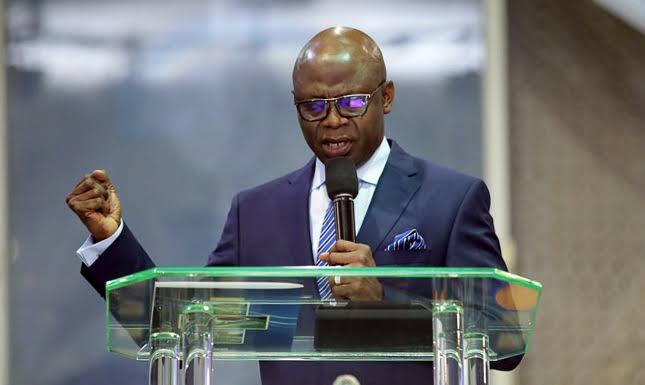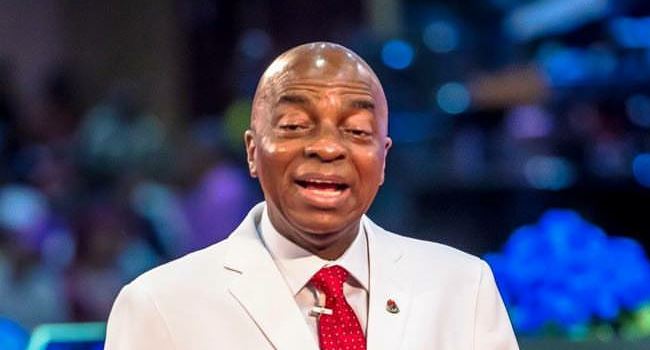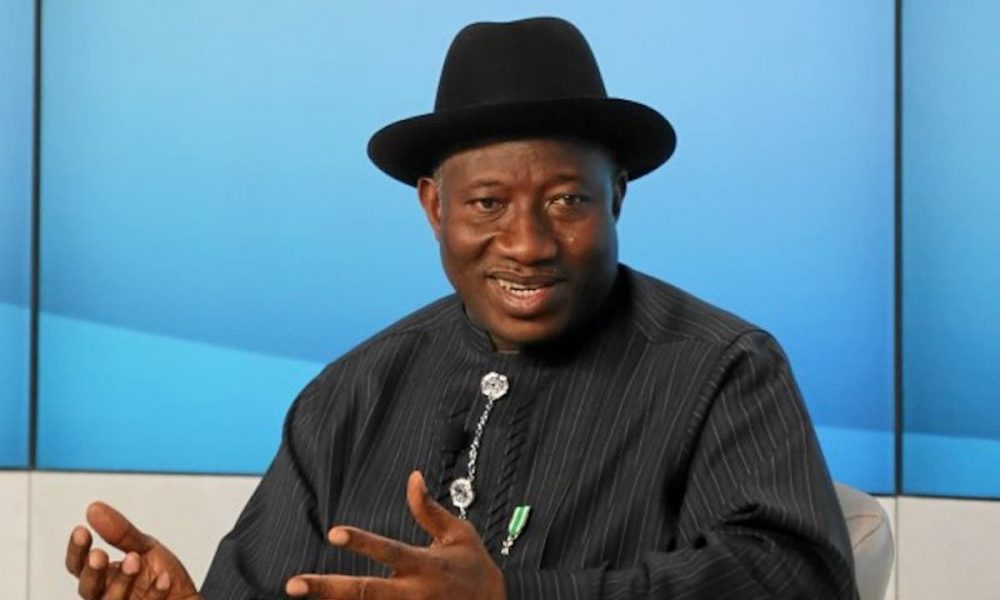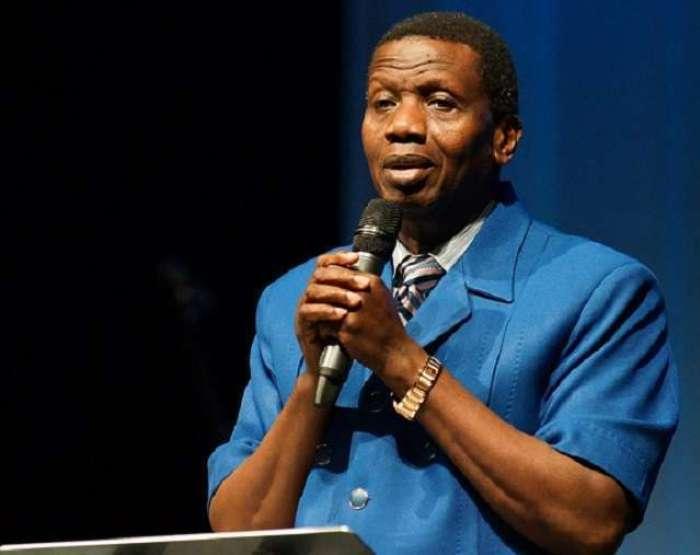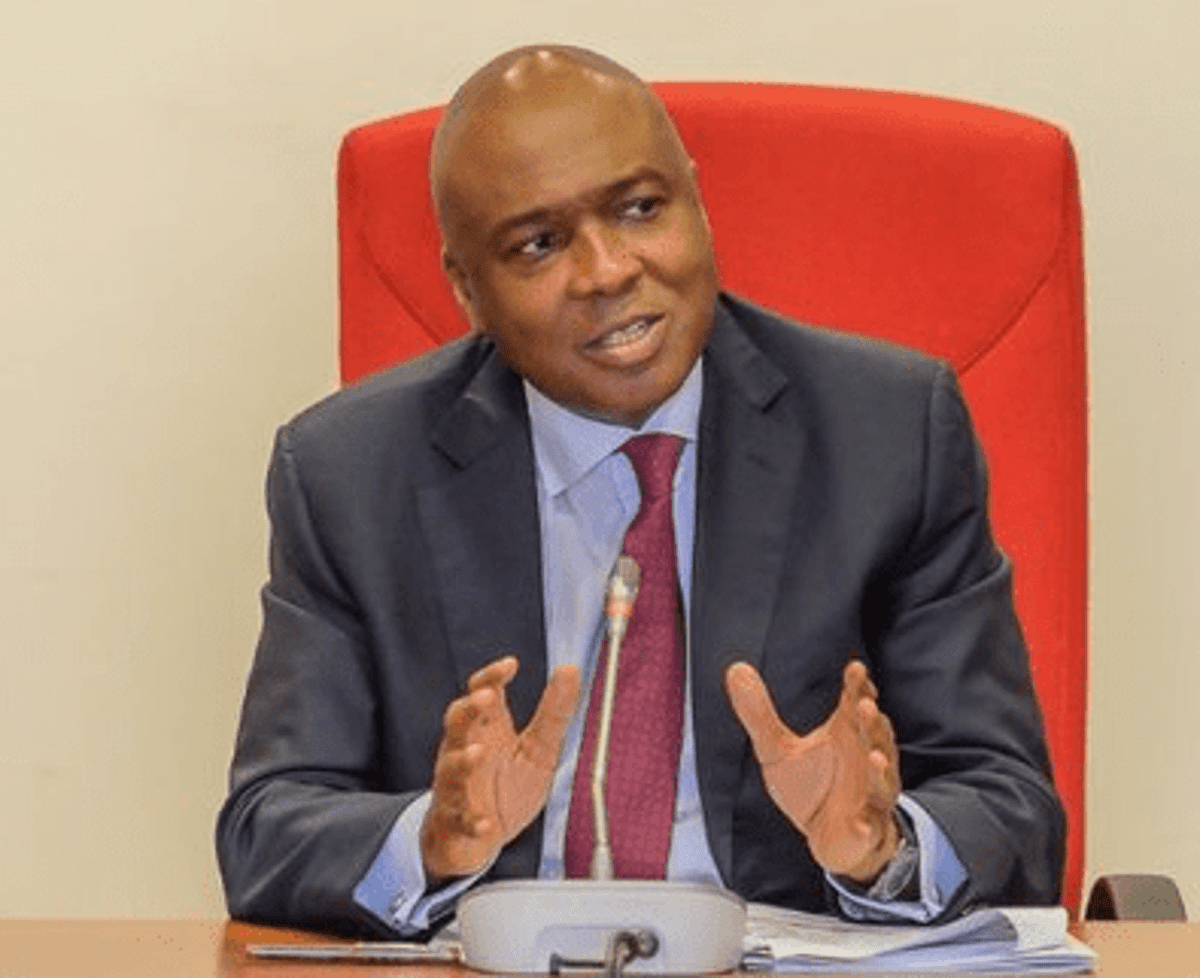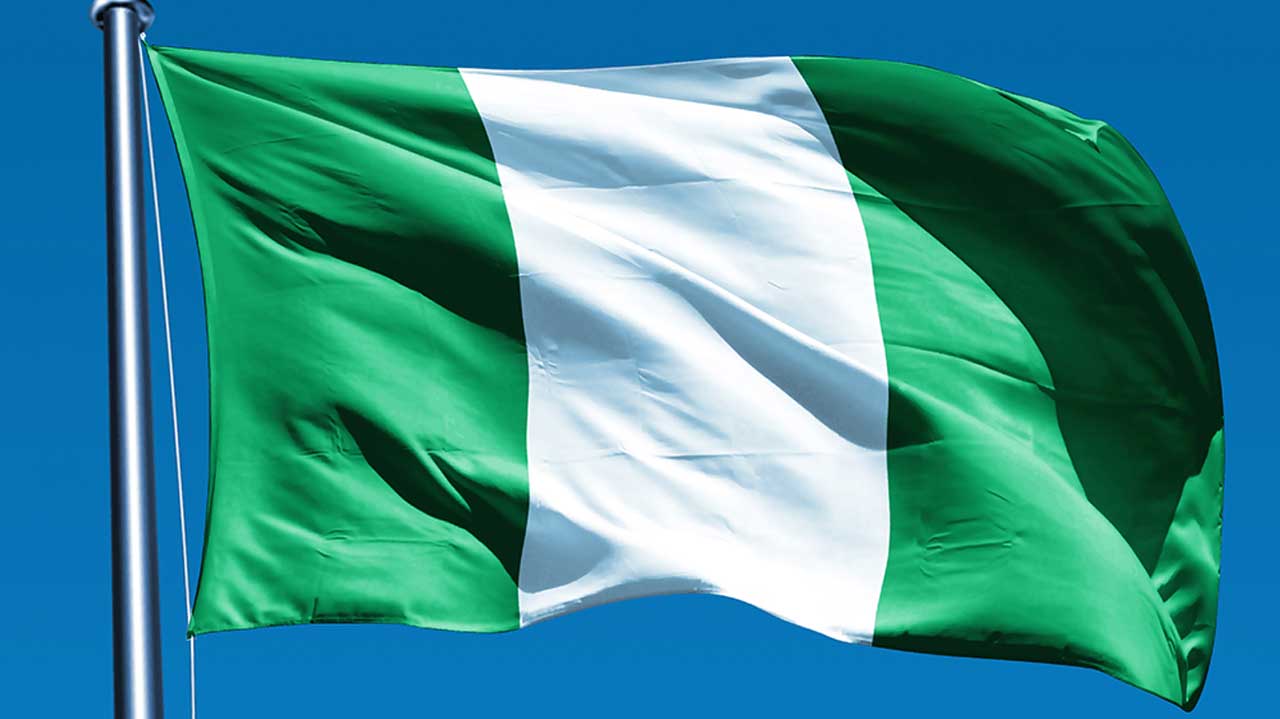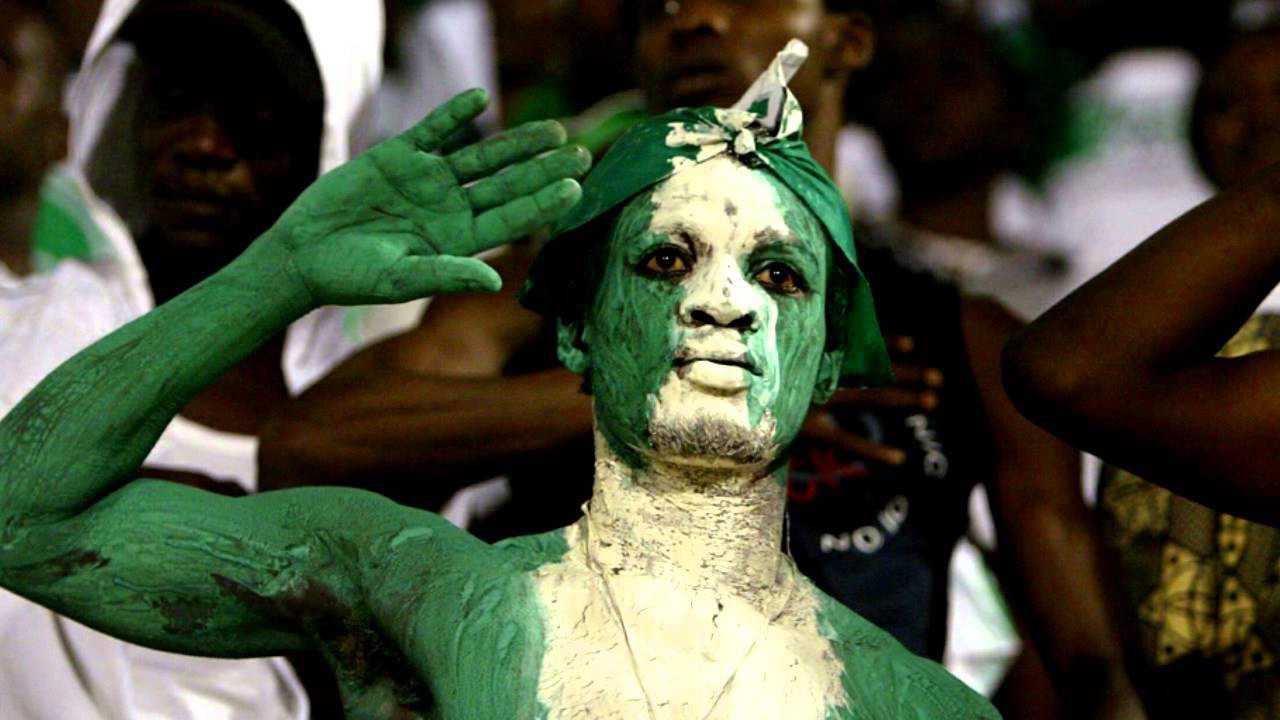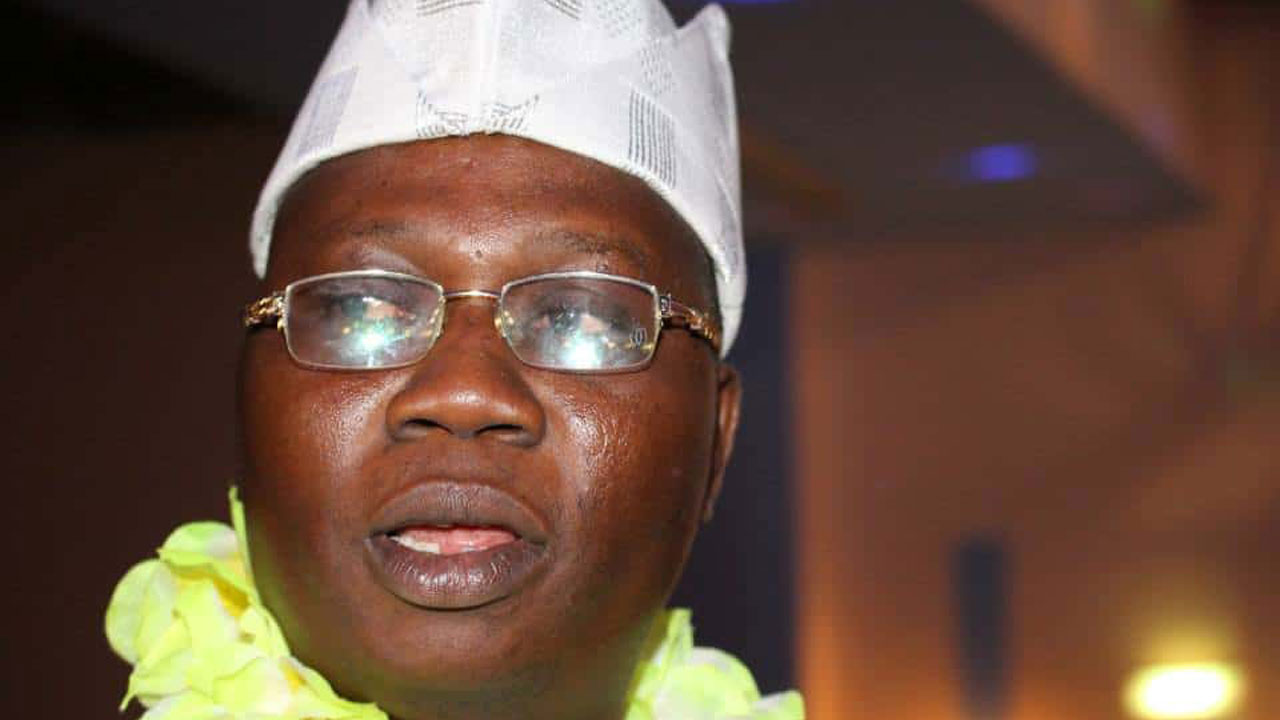…dares president’s watch dogs to attack him if need be
Fire spitting Pastor Tunde Bakare has advised President Bola Tinubu to kill corruption not Nigerians that he took an oath to protect.
TheNewsGuru.com, (TNG) reports this advice was contained in a 30-page document released by Pastor Bakare where he pointedly dared the president’s watch dog to attack.
In the document made available to newsmen, Bakare touched on both local, international, state of the economy dragging alongside the dislocated economic policies of the Tinubu’s administration.
Read him:
“Mr President, Kill Corruption, Not Nigerians! What is further clear concerning our domestic challenges is that, by imposing hardship on Nigerians without going after those corrupt individuals, corporations and government officials who have plundered Nigeria over the years in the name of subsidy, the president has picked the wrong fight.
“In his Monday, July 31,
2023 address to the nation, the president stated that the vast sum
of money which “would have been better spent on public transportation, healthcare, schools, housing and even national security…was being funnelled into the deep pockets and lavish
bank accounts of a select group of individuals.”14 The president
further stated that the subsidy removal policy was to stop the squandering of monies on “smugglers and fraudsters.” This compels us to ask the following salient questions:
i) Who are these select groups of individuals into whose
deep pockets our national treasury has been funnelled? ii) Who are these smugglers and fraudsters that have been defrauding our nation in the name of subsidy?
iii) Who are these nameless characters that have fed fat at the
expense of the poor? Or are they all sacred cows?
“Mr President, if you are truly on the side of the poor, if you are serious about the welfare of the people, if you truly want the poor to breathe, as you once said, 16 then kill corruption, not
Nigerians.
READ FULL TEXT BELOW:
TEXT OF SPEECH
BY PASTOR ‘TUNDE BAKARE
AT THE STATE OF THE NATION BROADCAST
ON SUNDAY, AUGUST 13, 2023.
VENUE: THE CITADEL GLOBAL COMMUNITY
CHURCH,
30, KUDIRAT ABIOLA WAY, OREGUN, IKEJA,
LAGOS, NIGERIA.
THEME: VICE, VIRTUE AND TIME: THE THREE
THINGS THAT NEVER STAND STILL
PROLOGUE
“Fellow citizens of Nigeria and friends of our nation; members of
the press, both local and international; I welcome you to our first State of the Nation Broadcast since the current administration assumed office on May 29, 2023.
“The theme of today’s broadcast is: “Vice, Virtue and Time: The
Three Things That Never Stand Still.” This theme draws
inspiration from both the sacred Scripture and the words of two
Englishmen: a cleric, Charles Caleb Colton, and a historian and
politician, Edward Gibbon. In Revelation 22:11-12, we read the
admonition of Jesus:
“He who is unjust, let him be unjust still; he who is filthy, let
him be filthy still; he who is righteous, let him be righteous still;
he who is holy, let him be holy still. 12 “And behold, I am
coming quickly, and my reward is with me, to give to every one
according to his work.
“As though echoing the words of Christ, Charles Caleb Colton
wrote: “He that is good will infallibly become better and he that
is bad will as certainly become worse; for vice, virtue, and time,
are three things that never stand still.” 1 On his part, Edward
Gibbon wrote: “All that is human must retrograde if it [does] not
advance.”
“Fellow Nigerians, time is far spent on our journey to
nationhood and it is abundantly clear that instead of advancing
forcefully in the right direction, we are regressing forcefully in a
frantic race to the bottom; there is simply no middle ground.
“Please lend me your ears as I, by God’s grace, show the way out
of our present national dilemma.
Salute to the Nigerian Citizen
I would like to begin this address by identifying with my fellow
Nigerian citizens who are often unceremoniously described as
“ordinary Nigerians” or “average Nigerians.”
” I salute the
Nigerian citizen who has, for so long a time, borne the brunt of
the capricious policies of political actors and the greed of a
colluding elite. From a wrongly implemented naira redesign policy to an impulsive fuel subsidy removal announcement, and from a drowning of purchasing power in an attempt to float the naira, to an unbearable increase in the cost of basic amenities,
the past and recent months have been particularly excruciating
for the Nigerian citizen.
“I am talking about employees who have been forced to trek owing to the unaffordable spike in transportation costs; parents struggling to bridge the gap between their life savings and the
cost of living; graduates whose chances of getting a job have become slimmer due to the impact of the economy on the
labour market; I am talking about that trader whose meagre daily income has further diminished in value due to the
dwindling value of the naira; that farmer who looks on in agony as his produce rots on the farm due to transportation challenges, inflation and insecurity; those children who will invariably be
sent home in September due to outstanding fees.
“I acknowledge you, fellow citizens of our nation, because you
are the true heroes. The rulers that are immune to the pain that
you have to go through daily are not the true reformers.
“You, the Nigerian citizens, who have borne the burden of an ill-planned
and vaguely-led reform agenda, are the true reformers. You are the true reformers because of your adaptability; you are the true reformers because of the creative ways by which you adjust to hardship, reform your personal and corporate economies, and
navigate the increasingly difficult terrain.
” You, the so-called
ordinary Nigerians, are the true reformers because, somehow,
hoping against hope, you show up every single day in what would appear to be a federal republic of diminishing returns.
Therefore, my fellow Nigerian citizens, I make bold to say that there is nothing average about you; there is nothing ordinary about you; there is indeed nothing common about you; you are
distinguished citizens of our nation and you deserve the best of
the land.
” The purpose of government is not to serve cronies; it is not to pander to corrupt business interests; it is not to patronise a consumptive political class; it is not even to appease neocolonial foreign powers: the purpose of government is to serve you, the Nigerian citizen. The focus of this address is thus
simply how to ensure that the government serves you.
None of These Things Move Me:
“I am not unmindful that this address will be taken out of context
by political propagandists within and outside of government. I am not unaware that my motivations will be questioned and my intentions maligned. It is expected that the minions and
mudslingers in the corridors of power will pick a fight because they will misconstrue this as an attack on their paymasters.
“Some may come against me with threats because they will see this address as an onslaught on the enterprises that they have
built at the expense of the Nigerian people. My preemptive
response to these attack dogs is simple: bring it on.
“If there are any wise ones among those surrounding the
president, among the institutions of law and order, among the
members of the National Assembly, among the power blocs that
are sympathetic to the president, among the would-be cabinet members, or even among the stakeholders of the All
Progressives Congress (APC), such wise ones would listen attentively and take this address as a wake-up call, laden with truths that could salvage a ship drifting in the gale of a
socioeconomic and political Euroclydon.
” However, if those
around the president choose to be reactionary rather than
responsive, their anticipated attacks on my person will be
shrugged off like water off a duck’s back. In the words of
Charles Caleb Colton, “Nothing more completely baffles one
who is full of trick and duplicity himself, than straight-forward
and simple integrity in another.”
” Besides, in the words of the
Apostle Paul, “None of these things move me.”4 What moves
me is the needless suffering that is normalised and perpetuated
by bad governance and irresponsible public policy.
Leadership by Impulse:
“Amid the turbulent start to the administration of Asiwaju Bola
Ahmed Tinubu, I have held my peace, hoping that wisdom
would prevail even while the government was in its so-called
honeymoon phase. When, in his inauguration address on May
29, 2023, President Tinubu announced that “fuel subsidy is
gone”5 despite the cautious exclusion of that contentious subject
from the inauguration speech by his advisers,it was clear that
our nation had been unwittingly plunged into chaos by a very poor change management process.
“Whatever the president’s true motivations were, it is clear that
he put the cart before the horse. What is also clear is that the president was economical with the truth by giving Nigerians the impression that he was taking a courageous move to remove the fuel subsidy when the previous government had already taken
that step.
” As Nigerians would later learn, subsidy payment had already been ended by the Buhari administration, and no subsidy
was paid in 2023 even though there was provision for it on paper up to June 2023.7 What is again clear is that, in line with change management principles, the president should have
handled more circumspectly the announcement of such an issue
that borders on the livelihood of the Nigerian citizen.
” That would have spared Nigerians the reactionary scarcity and price
hikes that immediately followed his announcement. Furthermore, what is even clearer is that the president had been handed a month of grace by the previous administration; a month that
should have been used to put in place cushioning effects before
the official expiration of the subsidised economy.
“It is noteworthy that, in his address to the nation on July 31,
2023, President Tinubu adjusted his tone and admitted that the
past administration had indeed taken action on subsidy as there
was no budgetary allocation for it from the end of June.8
It is also noteworthy that he admitted that there was a gap between
the removal of the subsidy and the roll-out of palliatives.
“While I commend the president for coming clean on this issue, it is in
the best interest of the nation for Mr President to consider
intended and unintended consequences before committing to a
course of action.
“Let us now consider the cost of just one impulsive action to
Nigerians in the past few months. Even as the president in his
July 31 address celebrated the N1 trillion reportedly saved from
subsidy removal, what he did not tell Nigerians is the cost of
his approach to the Nigerian economy. According to the
Nigerian Association of Small and Medium Enterprises
(NASME), about 4 million Micro, Small and Medium Enterprises (MSMEs) in the country have shut down in the two
months since the subsidy removal was announced.
” This is even as jobs have been lost and households have been thrown into
disarray due to a poorly managed policy.
This same impulsive leadership style was evident when the
president recently led the Economic Community of West
African States (ECOWAS) to violate an ancient principle of
diplomacy that is recognised even in the Holy Book: offer
peace before declaring war.10 By placing military invasion on
the table from the very start 11 before subsequently exploring
diplomatic options with the coup plotters in the Republic of
Niger, President Tinubu once again put the cart before the horse, thus placing Nigeria and the subregion in a precarious situation.
“Truly, “those that are the loudest in their threats, are
weakest in the execution of them.”13
For any foreign invasion to succeed in the long term, the
support of the locals is essential. From the spillover effect of
subsidy removal to the effect of sanctions, local support for
Nigeria and her leaders among Nigeriens is at an all-time low.
“It is, therefore, counter-intuitive to engage in what could be a
protracted conflict. This much the Tinubu-led ECOWAS ought
to have learnt from the aftermath of America’s invasion of Iraq
in 2003.
” While we condemn the spate of coup d’états in West
Africa, we recognise that the situation calls for deep introspection on the part of African leaders and makes even more urgent the case for good governance.
“The call upon Nigeria at this time is not so much to compel submission in the
subregion through the force of might, but to command alignment through exemplary governance.
“The real question is
whether President Tinubu is capable of providing such moral
leadership even in the domestic context.
Mr President, Kill Corruption, Not Nigerians
What is further clear concerning our domestic challenges is that,
by imposing hardship on Nigerians without going after those
corrupt individuals, corporations and government officials who
have plundered Nigeria over the years in the name of subsidy,
the president has picked the wrong fight. In his Monday, July 31,
2023 address to the nation, the president stated that the vast sum
of money which “would have been better spent on public
transportation, healthcare, schools, housing and even national
security…was being funnelled into the deep pockets and lavish
bank accounts of a select group of individuals.”
” The president
further stated that the subsidy removal policy was to stop the
squandering of monies on “smugglers and fraudsters.” 15 This
compels us to ask the following salient questions:
i) Who are these select groups of individuals into whose
deep pockets our national treasury has been funnelled? ii) Who are these smugglers and fraudsters that have been defrauding our nation in the name of subsidy?
iii) Who are these nameless characters that have fed fat at the
expense of the poor? Or are they all sacred cows?
Mr President, if you are truly on the side of the poor, if you are
serious about the welfare of the people, if you truly want the
poor to breathe, as you once said, 16 then kill corruption, not
Nigerians.
“Fellow citizens, the rallying cry by which the Save Nigeria
Group (SNG) galvanised Nigerians in January 2012 at Gani
Fawehinmi Pack, Ojota was “Kill Corruption, Not Nigerians!”
This was our cry when we made it evident that our fight was not
against the removal of the fuel subsidy but against the
corruption in the system. This was our fight when, amid the
threats to my life and family, right there at Ojota and live on
national and international television, I called out by name those
individual and corporate entities who had allegedly ravaged our
nation.
Mr President, given the complexity of the Nigerian economy,
we are not thoroughly convinced that your palliatives will be
sufficient to cushion the effect of your policies on the Nigerian
citizen. What we do know, however, is that, on May 29, 2023, you swore an oath to “be faithful and bear true allegiance to the
Federal Republic of Nigeria,” and to “preserve, protect and
defend the Constitution of the Federal Republic of Nigeria.”
17
May I remind you, Mr President, that Chapter 2, Section 14(2)(b)
of the Constitution states that “the security and welfare of the
people shall be the primary purpose of government.”18 Therefore,
in compliance with your oath of office, and in accordance with
the Constitution of the Federal Republic of Nigeria, our demand
on you, the current occupant of the Office of the President, is the
same demand that we made 11 years ago: Mr President, Kill
Corruption, Not Nigerians.
Some might say that you, Mr President, are too tainted to fight
corruption because you were escorted into the presidency by a
retinue of corruption allegations. Some might even describe you
as transparently opaquely corrupt because, despite the indicators
of state capture allegedly linked to you, no one has proved these
allegations against you in any Nigerian court of competent
jurisdiction. Some might argue that even the road you took to
the presidency was itself paved with filth from the cesspool of
corruption and that you are, therefore, incapable of mounting
any genuine fight against corruption.
Mr President, while we admit that, as of today, our nation has
transitioned from an administration that came to power on the supposed wings of integrity and anti-corruption to one that
cannot be described as such, the fact remains that you are today
the President of the Federal Republic of Nigeria with enormous
powers to fight against corruption in its hydra-headed forms.
Even if the allegations against you are valid, you can still have a
Road to Damascus19 experience and decide today to stand on the
side of probity and bring to book the vested interests that have
built their wealth on the ruins of our nation. You can decide
today to take the burden of reforms off the Nigerian people and
go after the corporations and individuals who have plundered
our nation. You can decide today to stand with the poor and take
the fight to the plunderers.
Mr President, even though you have announced some palliatives,
let me remind you that palliatives cannot address the root cause
of the problem. In my recent exchange with Dr Joe OkeiOdumakin, a veteran of many progressive battles, she brought
the Oxford Learner’s Dictionary definition of the word
‘palliative’ to my attention. It is “a medicine or medical
treatment that reduces pain without curing its cause.”
20
Therefore, we demand that you address the root cause of the
problem. Take the yoke off the neck of the poor, go after the
looters, recover the loot, and retool it to the benefit of Nigerians.
In simple terms, Mr President, Kill Corruption, Not Nigerians.
Some may ask at this juncture: Who exactly are these plunderers
that have been enabled over the years to launder our collective
patrimony through a dubious subsidy regime? How much can
we actually recover from them? My fellow citizens, tighten
your seat belts as I take you back to certain alarming events that
occurred in our nation’s recent history; events that have elicited
lingering questions.
A History of Criminal Impunity
11 years ago, on Friday, January 13, the fifth day of an
unprecedented gathering of Nigerians at Gani Fawehinmi Park,
Ojota, the Save Nigeria Group (SNG) brought to the attention of
Nigerians the outcomes of an external audit carried out by two
audit firms, KPMG and S. S. Afemikhe & Co.21 These firms had
been contracted by the Federal Ministry of Finance to audit the
petroleum sector. Their investigations revealed that the fuel
subsidy regime was a smokescreen for corruption.
Among other findings, the audit exposed22 fraudulent deductions
of up to six times higher than the authorised subsidy
disbursements. It also revealed revenue leakages of about N800
billion from the upstream sector, and N1.2 trillion from the
downstream sector, which included the fraudulent subsidy
system. The key agencies in the petroleum sector, including the
Nigerian National Petroleum Corporation (NNPC), were indicted. In addition, 80% of the questionable subsidy claims
were traced to leading oil marketers whose company names
were listed in the report and whose major shareholders are
known to the Corporate Affairs Commission (CAC) and the
Securities and Exchange Commission (SEC).
Following these findings, the Adhoc Committee on Fuel
Subsidy in the House of Representatives made explosive
findings23 that were even more alarming and damning than the
earlier audit reports. Permit me to restate some of these findings
as they were cited in a publication by the Save Nigeria Group
(SNG) titled “Kleptocracy Unlimited”:
24
1. The theft of N310 billion by NNPC on kerosene subsidy in
spite of an official policy against paying subsidy on the
product;
2. The theft by NNPC of N285 billion above the
recommendation by the Petroleum Product Pricing and
Regulatory Agency (PPPRA);
3. The payment of N999 million 128 times in 24 hours to some
companies totalling N127.872 billion by the office of the
Accountant-General of the Federation;
4. Unaccounted-for foreign exchange to the tune of $402.6
million; and
5. The theft of N230 billion forensically traced to 72 companies.
“Given these and other alarming findings, the committee
recommended the refund of N1,067,040,456,171.31 (one trillion,
sixty-seven billion, forty million, four hundred and fifty-six
thousand, one hundred and seventy-one naira, thirty-one kobo)
to the national treasury by the NNPC, the PPPRA and the
indicted marketers. Furthermore, 18 companies25 that failed to
appear before the committee were recommended to the anticorruption agencies for investigation to ensure the refund of
N41,936,140,005.31 (forty-one billion, nine hundred and thirtysix million, one hundred and forty thousand, and five naira, thirty-one kobo).
“Unfortunately, rather than the anti-corruption agencies
prosecuting the indictees and recovering looted funds, what happened next put an abrupt end to what Nigerians had thought was a semblance of probity in the House of Representatives. As
Nigerians may recall, the State Security Service (SSS), now
called the Department of State Services (DSS), in collaboration
with Mr Femi Otedola, chairman of one of the major indicted
companies, Zenon Petroleum and Gas Ltd., masterminded a
sting operation that allegedly exposed the corruptibility of the
Chairman of the House Committee, Farouk Lawan, thereby
impugning the credibility of the committee and silencing these
investigations. Even when a follow-up committee set up by
President Goodluck Jonathan and led by Mr Aigboje Aig-Imoukhuede indicted 21 companies to the tune of N382
billion, no concrete action was taken by the then government
to do justice, prosecute offenders and recover the funds that
rightly belong to the Nigerian treasury.
” Meanwhile, the subsidy
regime was reinstated and Nigerians recovered from the shock.
Years later, in March 2017, under the administration of President Muhammadu Buhari, the House of Representatives instituted a fresh investigation into the opaque and secrecyshrouded petroleum subsidy regime from 2012 to May 2016,
especially the activities of the NNPC and the marketers.
“This probe once again yielded no fruit. However, on June 29, 2022,
the House of Representatives commissioned yet another
investigation on subsidy payments on petroleum products,
especially petrol, under the Buhari administration.29 The House
also investigated the state of refineries and found that Nigeria
has spent N11.35 trillion so far maintaining moribund
refineries.
” This is even as subsidy allocations worth $2.1 billion and N3.1 trillion have been reported “missing and
unaccounted for between 2016 and 2019.”
